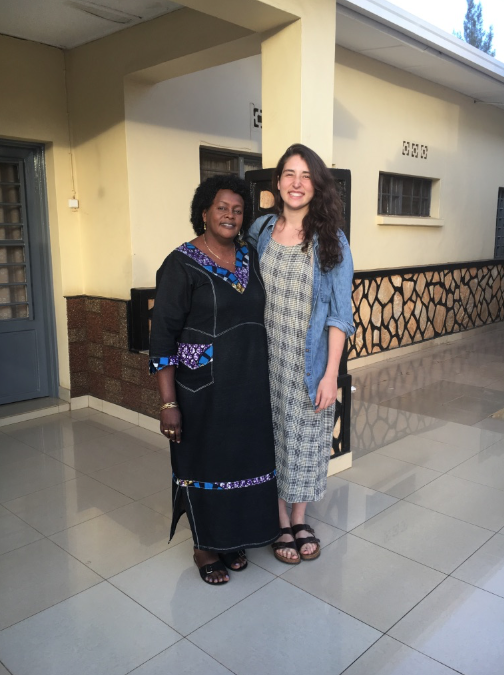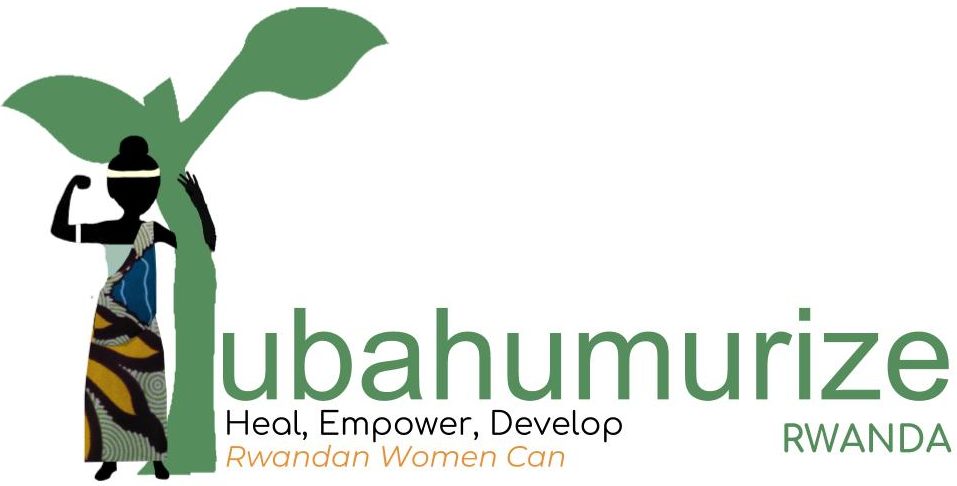“I learned how powerful collective grief can be, and how it can be transformed into something sustainable and beautiful.”

As I sit down to write this reflection I find that I’m full of questions: how do I describe one of the most meaningful experiences of my life? How do I put into words the daily feelings of sorrow, love, strength and hope? How can I possibly explain my awe for everyone involved in this association, from beneficiaries to counsellors, to the global support network that has rallied in support of the cause?
The truth is that unless you have worked directly with the association, it is hard to grasp the scale of the impact it will have on your life. The best that I can do is explain how volunteering with Tubahumurize can offer both the chance for personal growth and to make a difference in the network of survivors that are touched by this organization.
I was introduced to Tubahumurize by an acquaintance from university that had previously served as a volunteer. At the time I had just graduated and was studying for medical school admissions testing while working as a crisis support worker for survivors of gender based violence within the GTA (Greater Toronto Area, Ontario, Canada). I was immediately drawn to the mandate of Tubahumurize to provide a one-stop shop for female survivors that includes counselling, mental health and educational workshops, transitional services and employment opportunities.
Image: Hannah Aikman with Founder Jeanne Mwiliriza at our HQ
“The Tubahumurize model works because Rwandan women understand the needs of beneficiaries more deeply than any international volunteer.”
One of my major frustrations when working with survivors in Ontario, Canada was the extent to which services are siloed: more often than not, I found myself providing external referrals to other services rather than offering in-house solutions. This is particularly frustrating when you consider how challenging for survivors to take the first step and reach out for help. They are typically unlikely to do so again. Tubahumurize understands this reality, and seeks to provide a more holistic approach to crisis management that extends beyond the incident itself. I immediately jumped at the chance to learn more about the model, and to see first hand how it worked.
On my first day I woke to the sounds of singing in the courtyard. Every morning the beneficiaries of the association come together to pray, dancing and infusing life into their surroundings. By taking a whole-person approach to empowerment, Tubahumurize ensures that each beneficiary is treated as an individual, and is provided with the services and resources to appropriately address their unique needs. The morning prayers are a daily reminder of the strength and support of the Tubahumurize community and soon became one of my favourite parts of the day.
When I first arrived I had a vision of imparting my learning and experience to the association, and to translating some of the associations’ models back to Canadian services. Within a couple of days I realized that I had it all wrong. The Tubahumurize model works because Rwandan women understand the needs of beneficiaries more deeply than any international volunteer. What’s missing is not the concept, but the people and the resources to expand the vision on a wider scale. In my 3 months with the association, I worked on whatever needed to be worked on: website development, communications, social media, product sales, program support, fundraising and anything else that was required. Most importantly though I learned how powerful collective grief can be, and how it can be transformed into something sustainable and beautiful.
I could go on about my time, the ups and the downs, how speaking with Jeanne (founder) is a constant reminder that when you think you can’t do more, you can. But I’m already verging on sounding cheesy and as I said before it will never describe what the experience is really like. You just have to do it to know!
